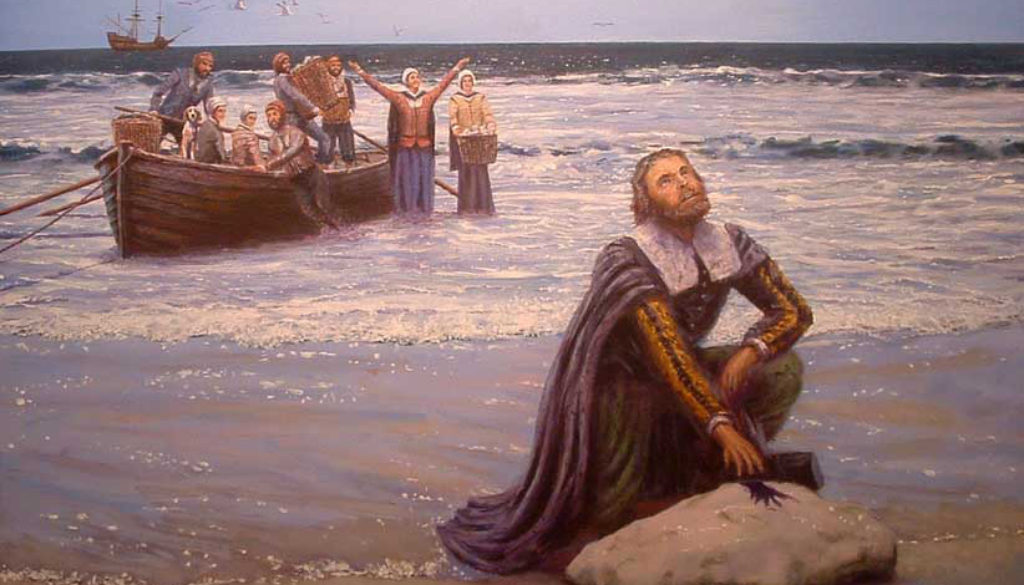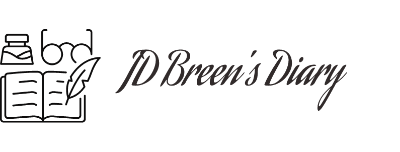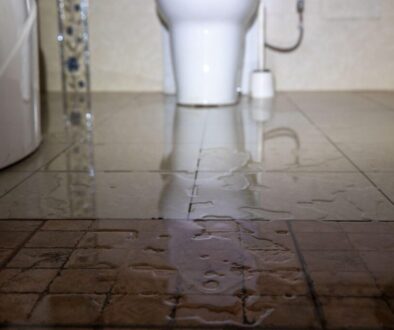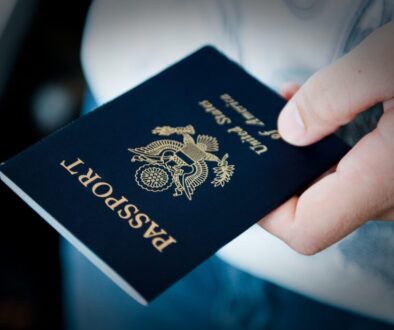Pernicious Pilgrims…and a Thanksgiving Prayer

November 28, 2019
Atlanta, GA
“I have endured many horrible things, some of which actually happened.” – Mark Twain
Log on the fire, football on the TV, butt on the sofa, turkey in the oven.
This week we are home. No travels, limited work, few obligations.
But one we must fulfill is to reflect on our blessings, on those who enabled them, and on those to whom we hope to bequeath them. And, gazing into the mirror, we spare a thought for those who don’t always appreciate them.
Then again, it’s Thanksgiving. Everybody does that.
Instead, as we approach the dining room and find our fork, let’s take the road less traveled by…and reflect on things that tick us off, drive us crazy, and get on our last nerve. When we say grace, let’s give ourselves plenty to pray for.
Let’s start at the beginning…in the tide pools of Massachusetts Bay, where a group of dour preachers and stern school-marms first set foot on Plymouth Rock.
Few in England could stand these sanctimonious busy-bodies. Nor in Holland, where even the Calvinist Dutch were too licentious for them. So they sailed across the ocean, to a new home…where they started bossing each other around, socializing their resources, and starving to death.
Those who survived spawned progeny who continued in the self-righteous tradition of their Puritan ancestors. But how did those fortunate few survive? As George W. Bush put it, it’s not rocket surgery.
When land set aside for compulsory public use was freed for each family to cultivate its own plot it, in the words of William Bradford, made “all hands very industrious, so as much more corn was planted as otherwise would have been by any means the Governor or any other could use.”
But even increased industry and productivity could not alleviate the intractable shortage of humor and good cheer. Miserable dispositions and sour pusses remained communal commodities.
With feelings that were justifiably mutual, the original Massachusetts Pilgrims wanted nothing to with Cavalier Virginians. Those, after all, were the people they’d fled, and who their Roundhead remnant would fight and briefly depose in the English civil war. They had their hands full micromanaging themselves without worrying about what the Anglican royalists were up to down south.
Eventually, however, they couldn’t help themselves and, in typical Yankee fashion, started sticking their nose in everyone else’s business. That noxious trend would continue, till it infected our own age, poisoning our modern papers, streets, homes, and screens. The result is our current social environment…and an accelerating decline of western civilization.
Thanks, Obama.
Some may think this is hyperbole, that things are fine, and that we will muddle thru. But we must be patient. After all, Rome wasn’t destroyed in a day.
While we wait, let’s think locally and act locally. Since Thanksgiving comes only once a year, let’s focus not only on large-scale calamity, but also appreciate our smaller, day-to-day nuisances, irritants, and annoyances.
So we cross ourselves and…heads bowed, hands clasped…lift to the heavens our litany of loathing.
We detest nanny devices that try to save us from from ourselves. We deplore motion-sensor faucets that have replaced manual valves, and that dispense water only after we’ve spent thirty seconds miming the motions of a butter churner. We abominate low-flush toilets and low-pressure shower-heads. We castigate cars that speak, slow down on their own, or reduce our radio volume when we shift to reverse.
We heap opprobrium on the cell phone….mother of modern efficiency, mother-in-law of modern incivility. We bemoan merchants that deny us the preference and privacy of cash. We despise the foursome ahead of us who spends five minutes lining-up, plumb-bobbing, and surveying each putt they are about to miss. We rebuke using the phrase “beg the question” to mean “raise the question”.
We disdain queuing up at a bar behind a parade of people ordering rounds of mixed drinks, when all we want is a single glass of wine. We condemn commercial breaks both before and after the kick-off. We condemn late night World Series games.
We excoriate being “upgraded” from a window seat on the Exit Row to a middle seat in Economy Comfort. We scorn those who place their purse or briefcase in the overhead bin, displacing larger luggage that won’t fit under the seat. And we lambaste the TSA.
We could continue with things we resent, deplore, or abhor. But we pause in our prayer…and remember that the lens we wear determines what we see.
Since we brought up the travails of travel, we must step back, and reflect on the observations of Louis CK, who reminds us…as we gripe about limited leg room, poor in-flight movie options, spotty wi-fi, or limited beverage service…to consider one thing.
That as we bicker that our seat does not recline enough, that the one in front reclines too much, that drink service ceased one row from us, or that in-flight video is intermittent, we bear in mind…
…that we are sitting in a chair…in the sky!!
How quickly, as he put it about other marvels we take for granted, does the world owe us something we didn’t know existed ten minutes ago! We are so spoiled that we no longer notice the miracles.
Most things that bother us aren’t really worth caring about, and will be forgotten by tomorrow.
We complain of chores…of cleaning clothes, of washing dishes. But “cleaning” and “washing” means pushing buttons on a machine. Most of us need not draw water from a fickle well, carry it from a distant stream, or do without it during midnight strolls to a backyard outhouse. Almost all of our ancestors did, till their faculties failed at the ripe old age of fifty.
Like those ancestors, we must feed our families. Which for us means going to a grocery store, and filling a cart with food others have hunted, herded, killed, skinned, grown, picked, packed, and delivered.
And then carrying it home. In an air conditioned automobile. To store it in an electric freezer, so we can eat it at our convenience.
Or we have the food delivered to our front door. Or we just go to a restaurant. No need to rotate crops, herd buffalo over a cliff, or draw straws to determine who must sample unfamiliar berries. This is not the normal historical human condition.
We all have problems. But we forget they usually aren’t as bad, or as real, as we presume or pretend they are. So, lacking ubiquitous mortal perils, and with a dearth of real foes, we become our own worst enemy.
We conjure, worry, fret, and stress about things that don’t matter or that we can’t control. We forget that if there is no solution, there is no problem. Or that oftentimes, even if a problem is imminently legitimate, it is ultimately beneficial. As St Teresa of Ávila put it, “there are more tears shed over answered prayers than over unanswered prayers.” Blessings, like pearls or diamonds, often come disguised.
Our family is large and, till I was an adult, Thanksgiving was a large event. My mother would usually host, my grandparents would always join, and an assortment of aunts, uncles, cousins, and friends would fill and enliven the scene. Leftover dinner and dessert lasted the weekend. Drinks seldom lasted the night.
Over the years, as the world has shrunk, the distance between us has grown, and we assemble less often. I regret how infrequently we see those who receive these notes, but am pleased how regularly they are in our thoughts. They are certainly there today.
This year, our Thanksgiving is intimate. Just the four of us, sharing a table at which even our little band gathers far too infrequently. And we appreciate this opportunity, knowing we will not always have it.
Problems are easy to imagine, simple to sow, ready to reap. Perspective tends to hide among the weeds. But every once in a while we inadvertently trip over it, falling face first into the roses we rarely stop to smell.
And when we do, we are reminded that we never had it so good.
Whether we like it or not.
JD



